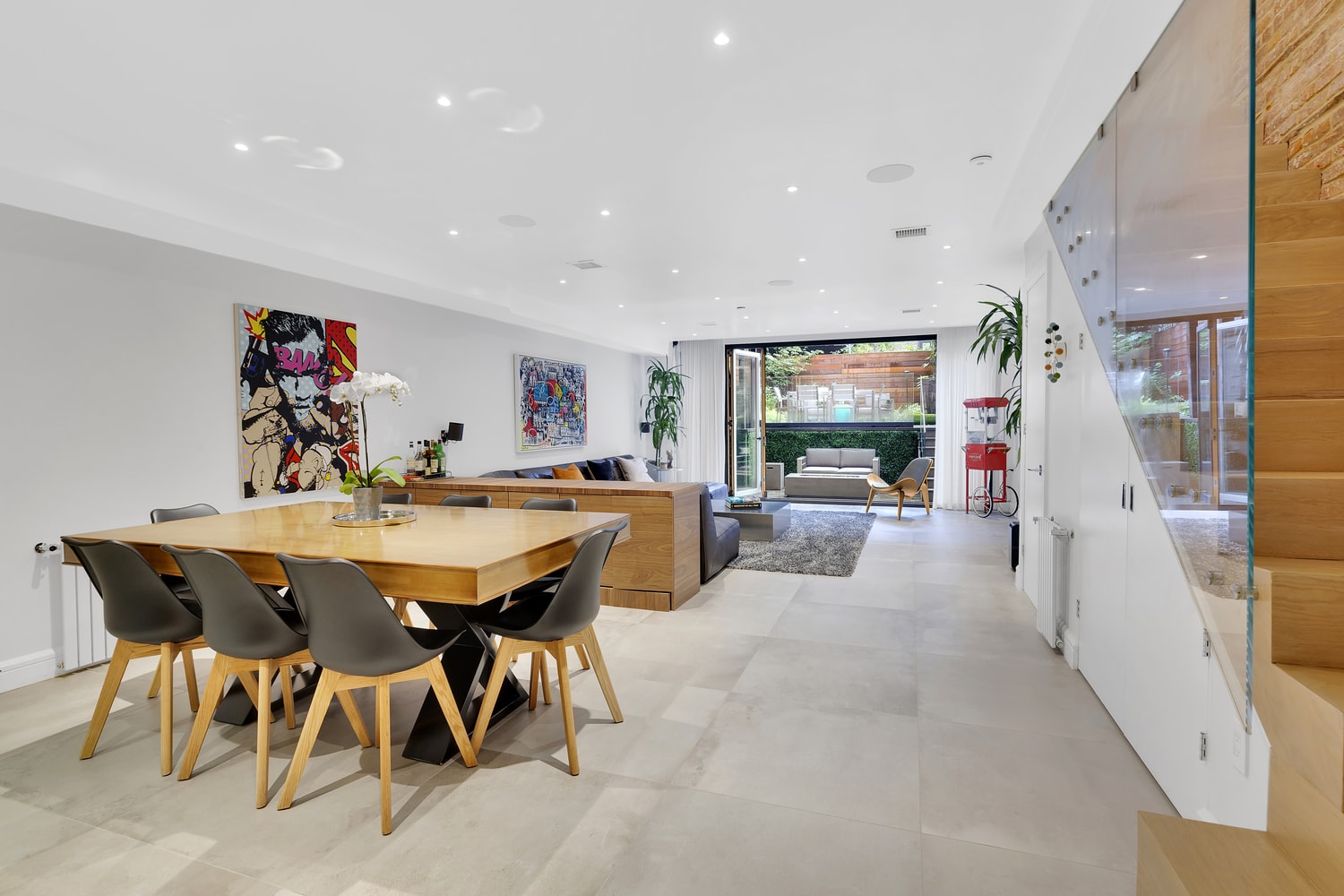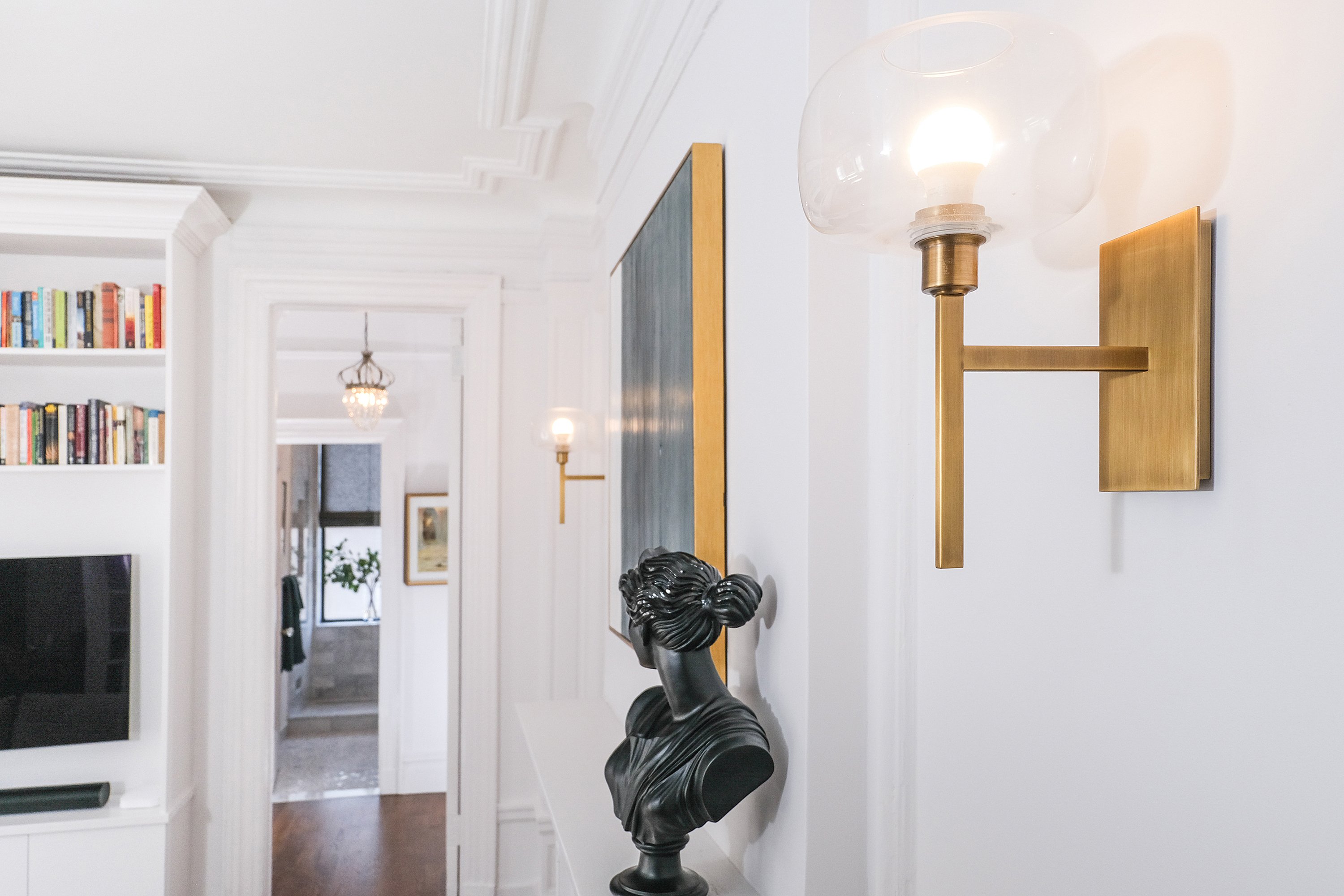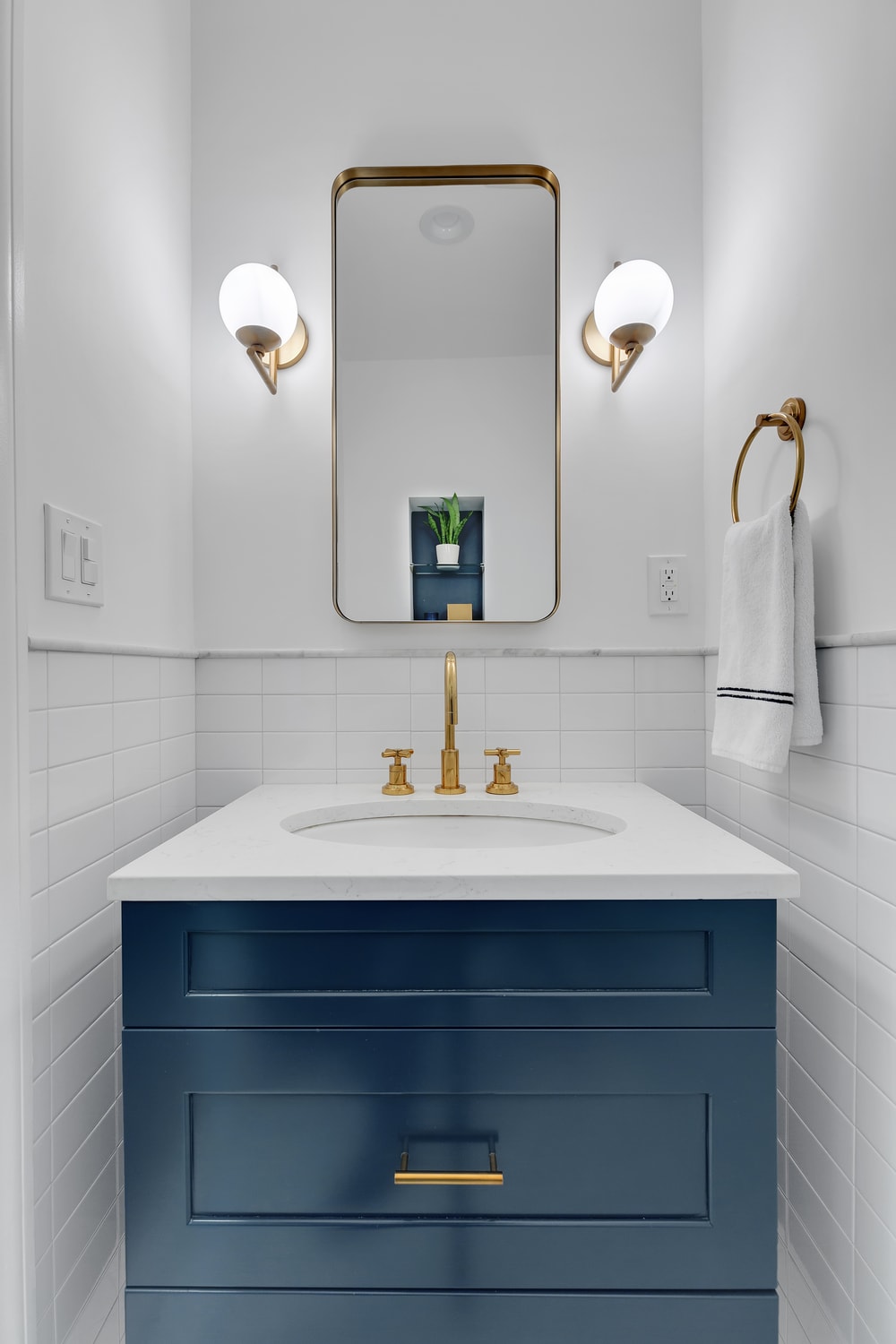Apartment Renovation Laws in Manhattan
Renovating in Manhattan and NYC doesn't come without red tape. Read as we explain the various permit types and testing required before moving in, along with unique requirements for specific renovations like apartment combinations and gut renovations.
June 16, 2023
|
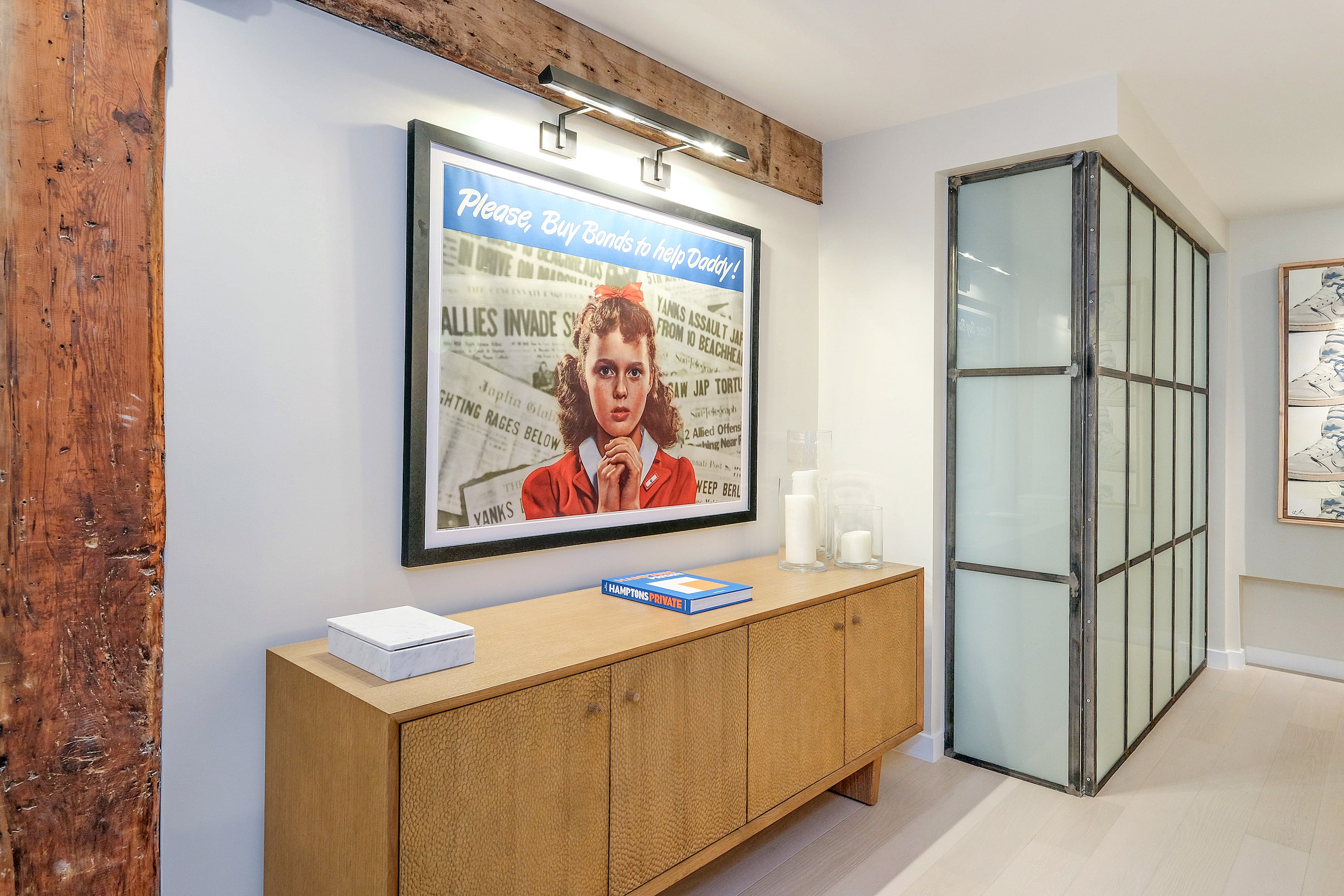
Apartment Renovation Laws in Manhattan
From obtaining permits to navigating building codes, let our experience as NYC's premier, full-service design-build firm answer the many questions on the legalities of Manhattan apartment renovations.
TABLE OF CONTENTS
- Permit Requirements for Apartment Renovations in Manhattan NYC
- Tests & Inspections for Apartment Renovations in Manhattan
- Licensing Requirements for Renovation Contractors in Manhattan
- Navigating Board Approval Processes
- Conclusion
When renovating in Manhattan, knowing NYC renovation rules and building requirements before starting a remodel will help set proper expectations with timelines and any unforeseen surprises as you begin planning. Read below as we break down the various stages of permits, inspections and formal requirements needed before any interior design or construction can begin on your upcoming apartment renovation in Manhattan.
[#Permit]Permit Requirements for Apartment Renovations in Manhattan NYC[#Permit]
There are two stages of permits to consider when renovating in Manhattan - baseline permits and individual alteration permits. Before tackling the individual alteration requirements, you’ll need baseline permits to get the renovation formally green lit.
Baseline Permits For Manhattan Renovations
Work Permit From Dept. Of Buildings
Obtaining a work permit from the NYC Department of Buildings means the renovation meets building code. Obtaining a work permit typically requires a New York State Registered Architect (R.A.) or Professional Engineer (P.E.), which Gallery incorporates as part of our full-service design-build approach. There are fees associated with work permits, often ranging around $5,000. Obtaining a work permit in NYC takes between 2 to 4 weeks and if additional permits are required, final approval is confirmed once those permits are obtained.
Electrical And Plumbing Permits
Renovating in Manhattan also requires obtaining and the filing of all mechanical, electrical and plumbing (MEP) permits from the NYC DOB.
Landmark Applications Via Landmark Preservation Commission (LPC)
One fifth of Manhattan real estate is considered a landmark property. Those designations require a landmark approval from the Landmark Preservation Commission before renovating. Additionally, if landmark status, the LPC must also approve all exterior street facing materials and design aesthetics prior to implementation, otherwise an LPC certificate of no effect is obtained.
NYC Building Permit Types
Depending on the work required, the NYC Department of Buildings issues different types of building permits. Before matching each respective renovation with their respective permit type, let’s review the three different residential permit options:
Alteration Type 3 (ALT3)
One type of minor work that doesn’t change use, egress or occupancy.
Alteration Type 2 (ALT2)
Required for standard interior construction work that doesn’t change use, egress or occupancy of the space. Required for all layout changes.
Alteration Type 1 (ALT1)
Required when major construction will be altering the use, egress or occupancy of the interior space, resulting in a new or adjusted Certificate Of Occupancy.
Unless tearing down an existing structure and rebuilding in full (which requires a New Building application), most projects will call for one of those alteration permits. Few minor projects can proceed without a permit (IE: cabinet replacement), but even those must require that the enlisted contractor has a Department of Consumer Affairs home improvement license.
Specific Manhattan Renovations & Their Permit Requirements
Combining Apartments In Manhattan
When looking to double your space in Manhattan without uprooting your entire life, combining apartments in New York City is a strong option, if available. In order to combine apartments in Manhattan without getting a second certificate of occupancy, various permits and limitations are put in place when apartments are combined, including:
- An Alteration Type 2 permit must be filed with NYC DOB (sometimes can be an Alt 1)
- Apartment combination must be adjacent or vertically on only 2 floors
- The means of egress may not be altered
- Only one kitchen allowed
- Condo combinations specifically require filing for a new tax lot with the NYC Department Of Finance
Apartment Gut Renovations
Any complete gut renovation in Manhattan requires an Alteration Type 2 permit. To learn more about what’s required within a Manhattan gut renovation, read our extended article on Gut Renovations In New York City 101.
Room Addition
When adding a room in a Manhattan apartment, changing an apartment’s room count, or adjusting an apartment’s layout, a Alteration Type 2 permit is required from the NYC DOB. New rooms should comply with light and air requirements, minimum room size and various codes.
Bathroom Addition In Manhattan
In Manhattan, bathroom additions usually require an Alteration Type 2 permit. However, since every building is different, certain renovations have further restrictions which must be accounted for with the building’s management first to understand any unique requirements or wet-dry restrictions that may dictate our architectural plan.
Building Or Removing Walls
When adding or removing a wall in a Manhattan apartment, loft or condo, an Alteration Type 2 work permit is typically required from the NYC DOB, unless the layout is formally changing to accommodate additional bedrooms or egress (which would then require an Alteration Type 1 permit). Apartment combination projects could actually qualify for either Alteration Type 1 or Type 2 depending on whether the total aggregate amount of bedrooms will change once the units are combined.

[#Tests]Tests & Inspections for Apartment Renovations in Manhattan[#Tests]
With permits understood, let’s review a summary of the tests and inspections that must be handled prior to renovating to ensure the renovated residential space meets building codes. If these inspections and tests are not properly handled prior to your renovation and building codes are not met, your renovation can come to a screeching halt at a very inopportune time.
Asbesto Test
Testing for asbestos in the early planning stages is not only smart planning but often required in order to file architectural plans. Part of this process plans for any added effort required for removal and evaluates if there are workaround cost saving measures that can leave the asbestos undisturbed. By law, if work disturbs the asbestos, mitigation is required and bringing in an asbestos remediation company for asbestos removal and air quality monitoring is likely needed. However if preliminary tests confirm asbestos won’t be disturbed during the work, you can plan to avoid the area and issue altogether.
Electrical Test
There are two main reasons electrical tests are required before an NYC renovation. The first is to confirm there’s no cloth wiring, which was common in the 40’s/50’s and will not pass inspection. The second is to ensure the electrical capacity of the townhome can handle the proposed electrical load requirements of the renovation - which may not be the case in older buildings.
Plumbing Inspection
Required if any part of the renovation will be touching plumbing, such as the kitchen or bathroom.

[#Licensing]Licensing Requirements for Renovation Contractors in Manhattan[#Licensing]
Licensing requirements are a must for contractors in Manhattan. Contractors in NYC are issued their general contractor license by the NYC Department of Consumer Affairs, which allows them to work anywhere in NYC.
Working with unlicensed contractors can not only result in red tape for your renovation, but wasted time and money. Whenever looking to enlist a contractor for your apartment renovation in Manhattan, make sure to verify a contractor's license before hiring them as this will be the baseline requirement for any building.
[#Navigating]Navigating Board Approval Processes[#Navigating]
Beyond permits and inspections, every building has unique requirements in their respective alteration agreement that must be met before a renovation can begin. In condos and co-ops additional considerations are given to building requirements and the requirements of the buildings engineer or reviewing architect. .
Townhouse And Condo & Co-op Board Approvals
Because NYC condos and co-ops are managed buildings, approvals from building management and the respective co-op or condo board are mandatory for many renovation requests. Examples of renovations that require prior approvals may include:
- Adding or Removing Walls
- Adding or removing number of bedrooms
- Structural Plumbing Updates
- Electrical Rewiring
- Flooring Replacement
- Suspended Ceilings/Dropped Ceilings
- Renovations to Kitchen or Bathrooms
Certain boards may prevent moving specific plumbing fixtures, including the kitchen sinks, toilet and shower. Since all condos and co-ops have unique renovation requirements, the list of renovation allowances will vary from property to property.
Alteration Agreements
In short, an alteration agreement provides rules and governs renovations in the building. It is set up by the board and management company to ensure compliance with renovation codes, risk management procedures in the building, and technical elements of the building. Alteration agreements typically contain all of the following information:
- Times of work and noise hours
- Duration of a renovation (sometimes buildings only allow for 90 days or 120 days, after which a penalty is incurred)
- Requirements for plumbing and electrical work
- All insurance document requirements
- Specs of all plumbing and electrical fixtures to be used
- Requirements for asbestos and lead testing along with abatement requirements
- Description of factors that trigger architectural plans
Virtually every building in New York will require compliance with the alteration agreement prior to allowing your renovation project to commence. For more information, read NYC Alteration Agreements: Everything You Need To Know.

[#Conclusion]Conclusion[#Conclusion]
The process of obtaining permits, scheduling tests and satisfying your alteration agreement on larger projects like full apartment renovations, apartment combinations, or multi room remodels can be lengthy and time consuming. If you’ll be renovating an apartment in Manhattan and don’t have time to manage so many moving parts, consider a full-service renovation contractor like Gallery KBNY, who will handle all the logistics of an NYC renovation on your behalf.
We are an award-winning design-build firm in New York City with a true start-to-finish approach to residential renovations in Manhattan and Brooklyn that includes everything from interior design and architecture services to filing permits and construction.
Want to learn more about our apartment renovations in Manhattan? View our portfolio of Manhattan renovation before and afters, learn more about Gallery, or contact us today.

.png)
.png)



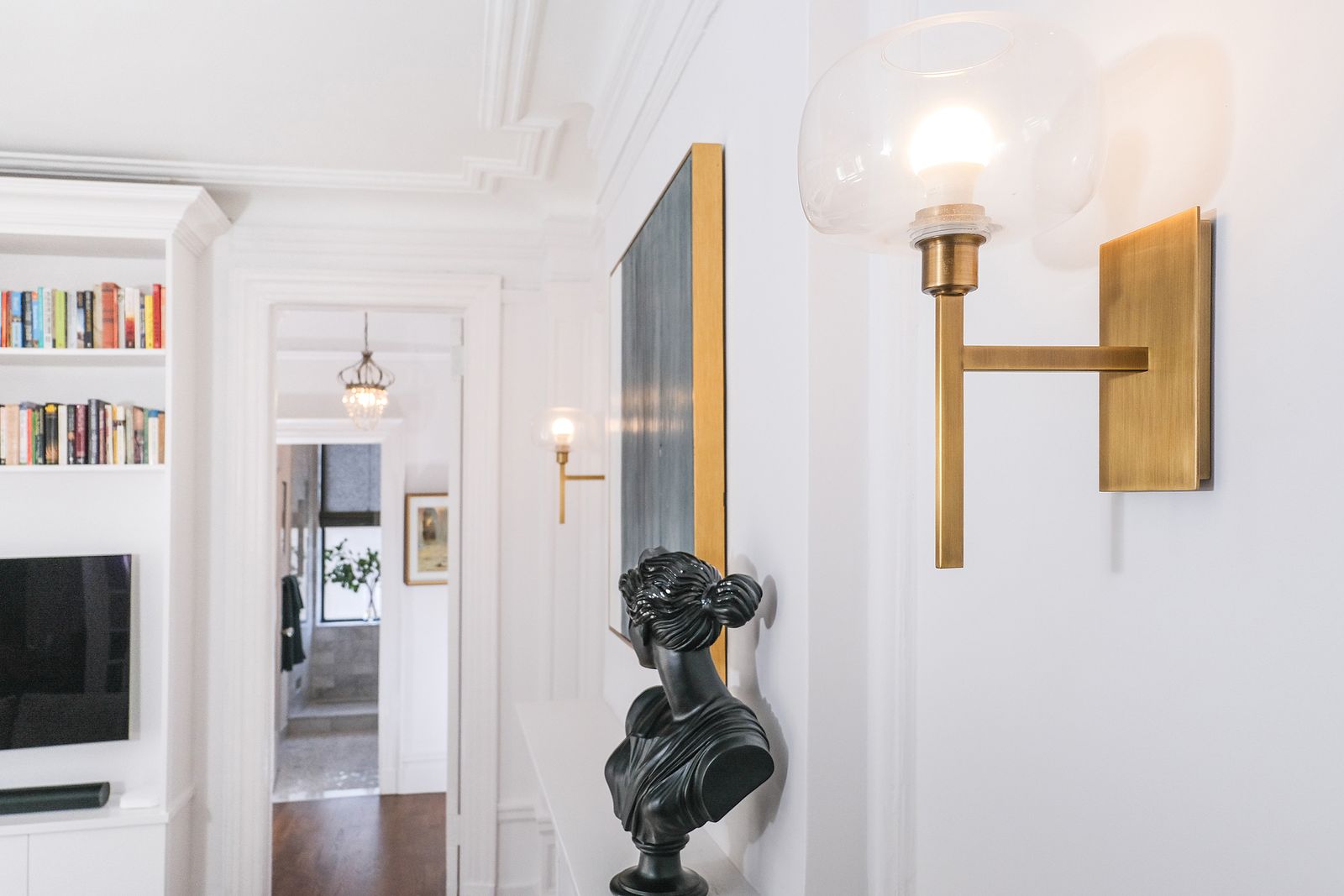
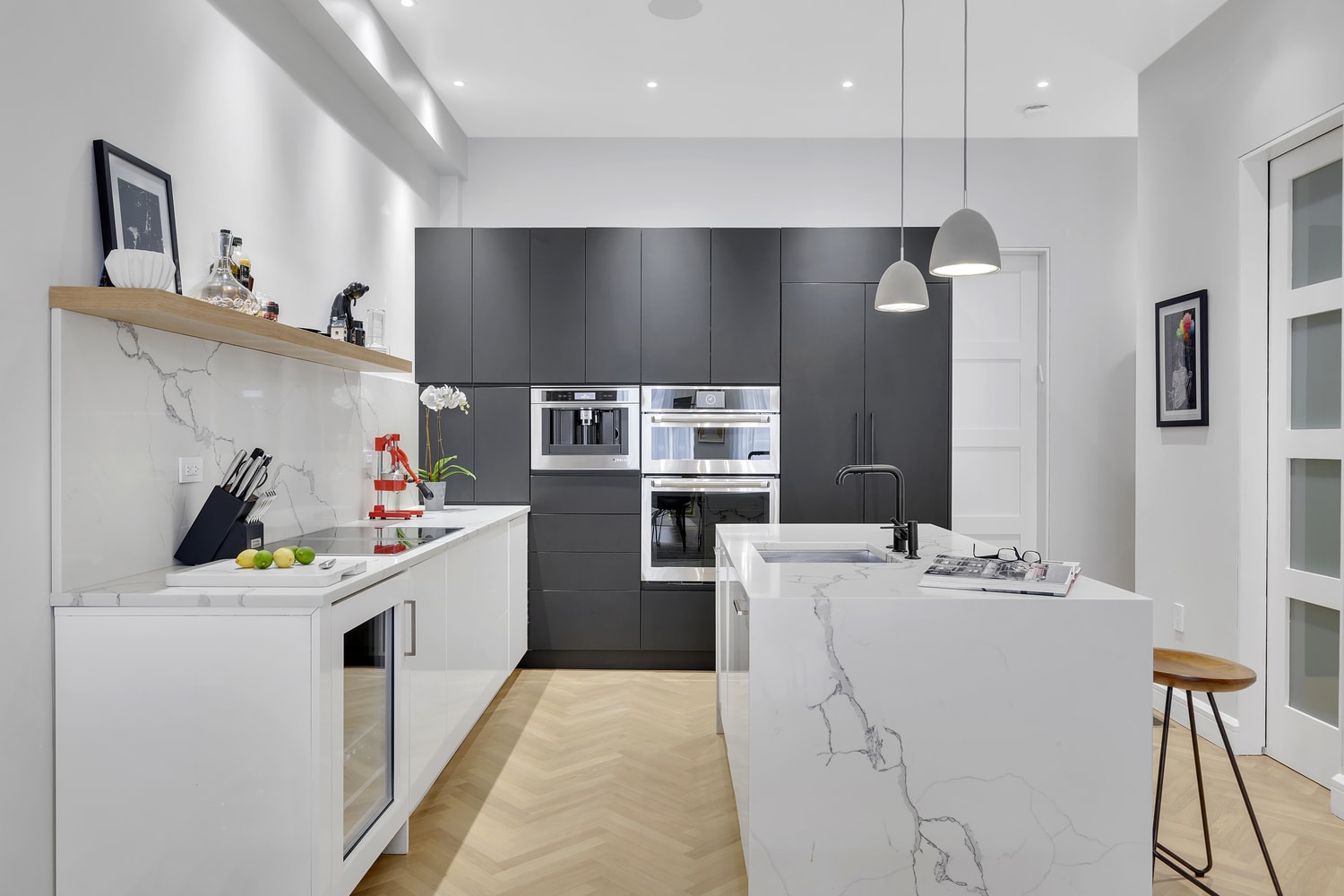
.jpg)
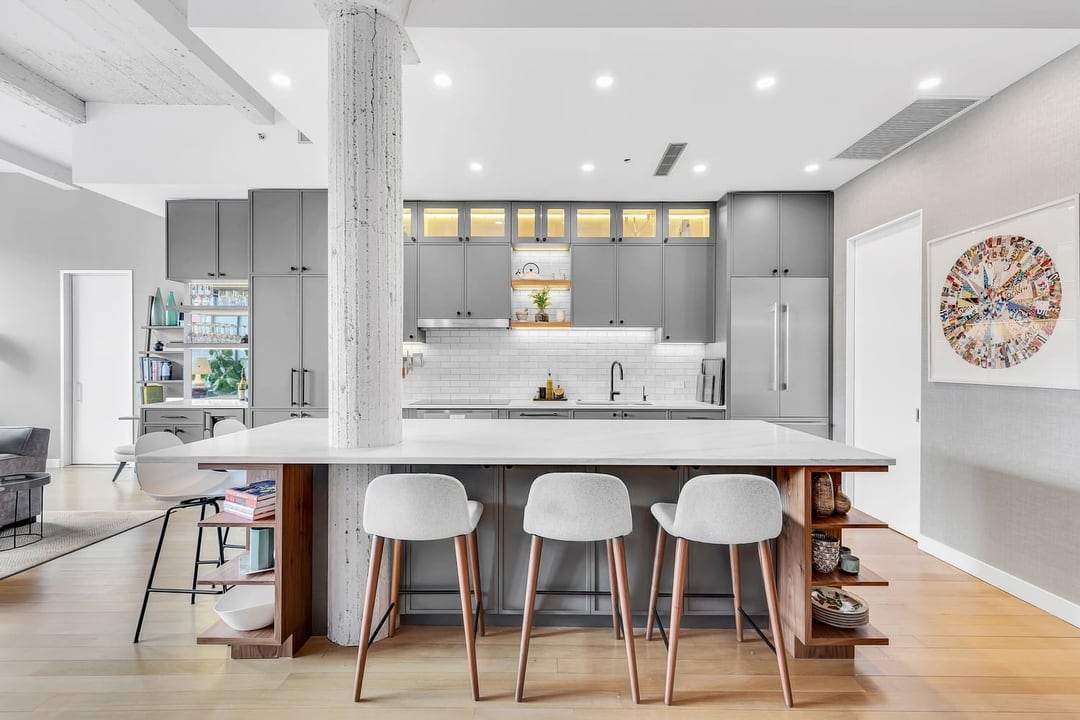
%20(2).jpg)

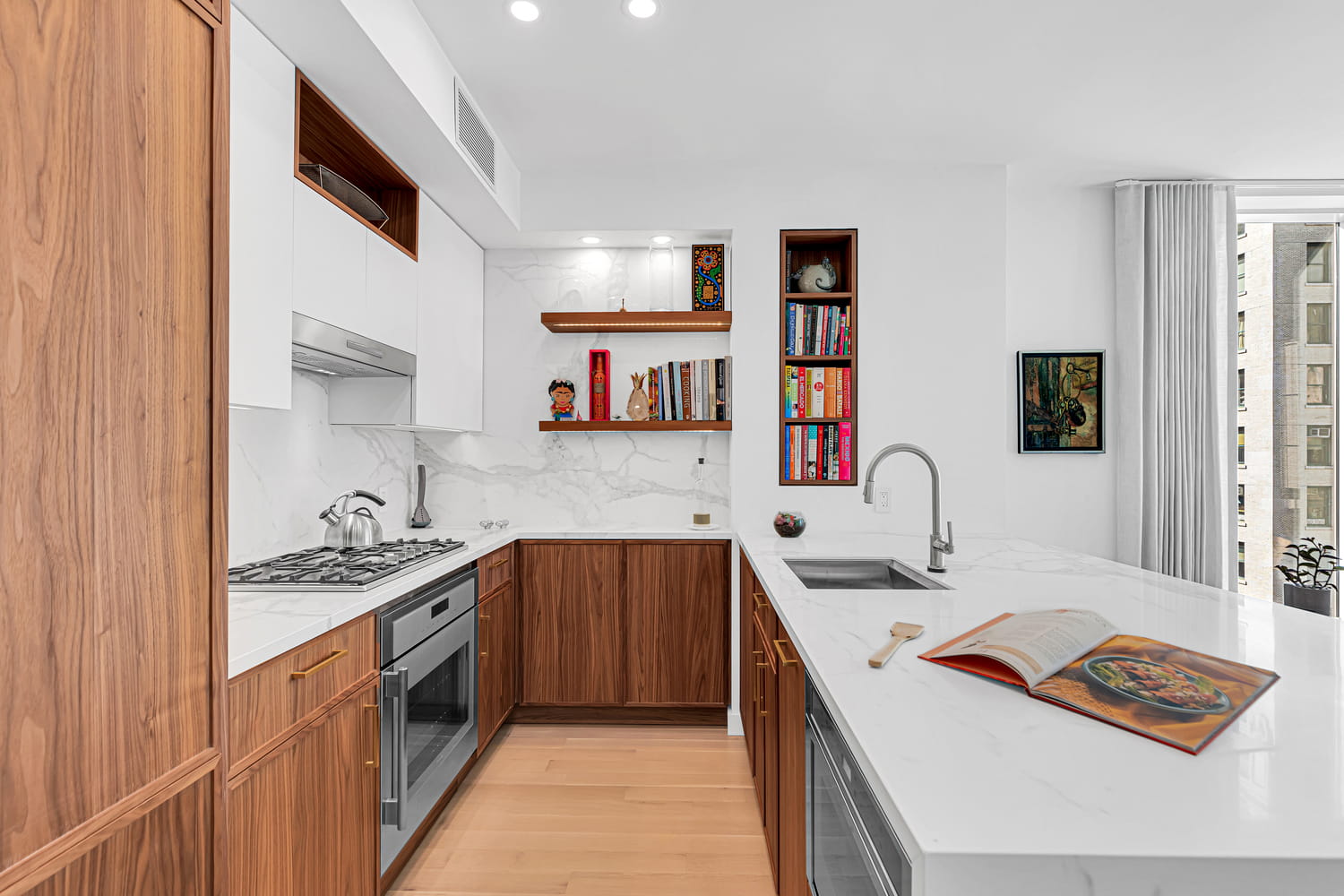
.jpg)
%20Gallery%20KBNY.JPG)
